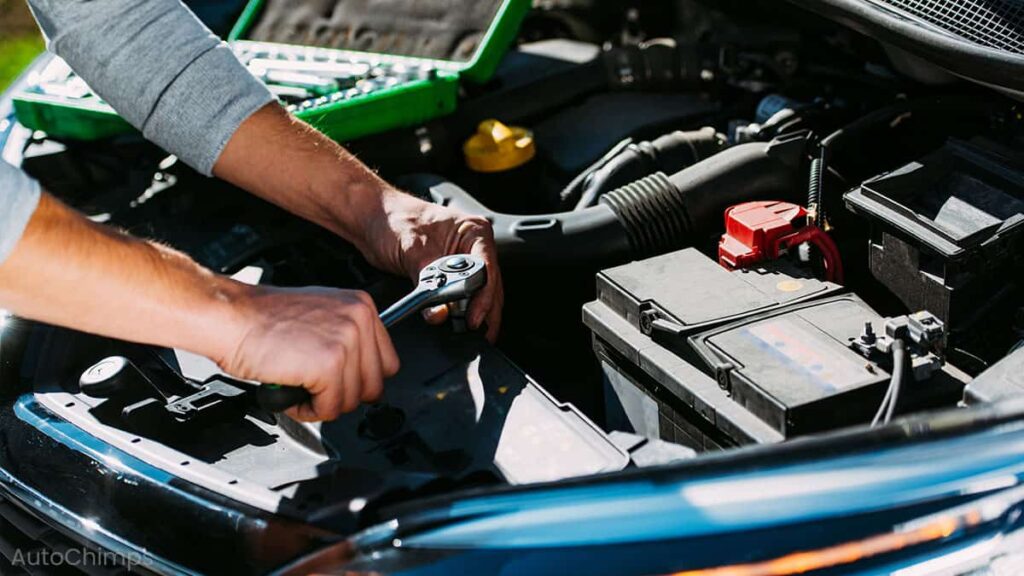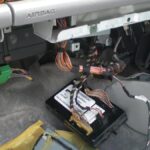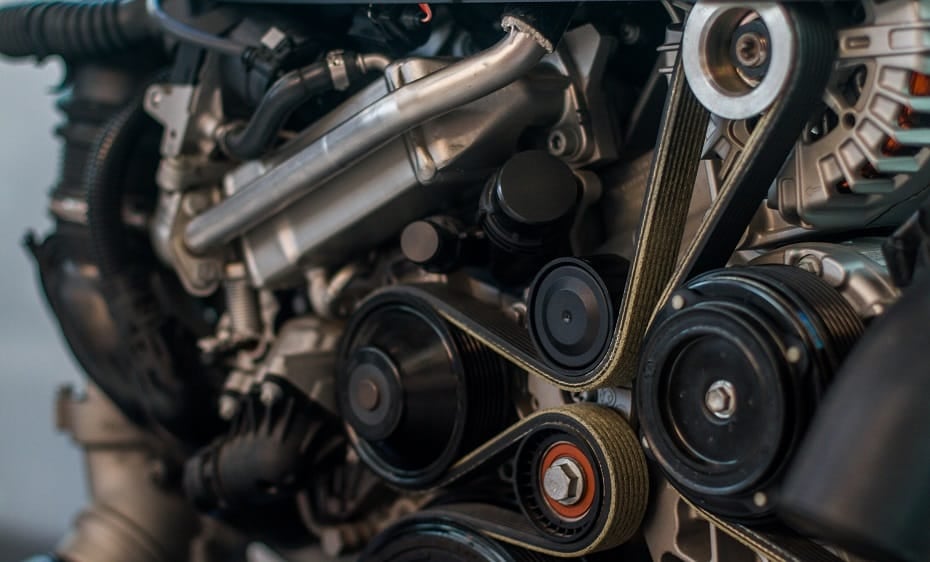
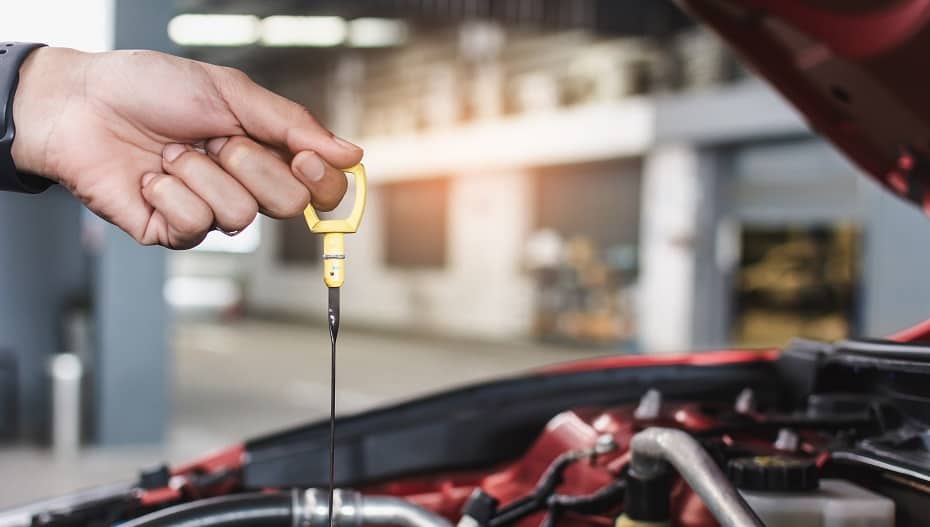
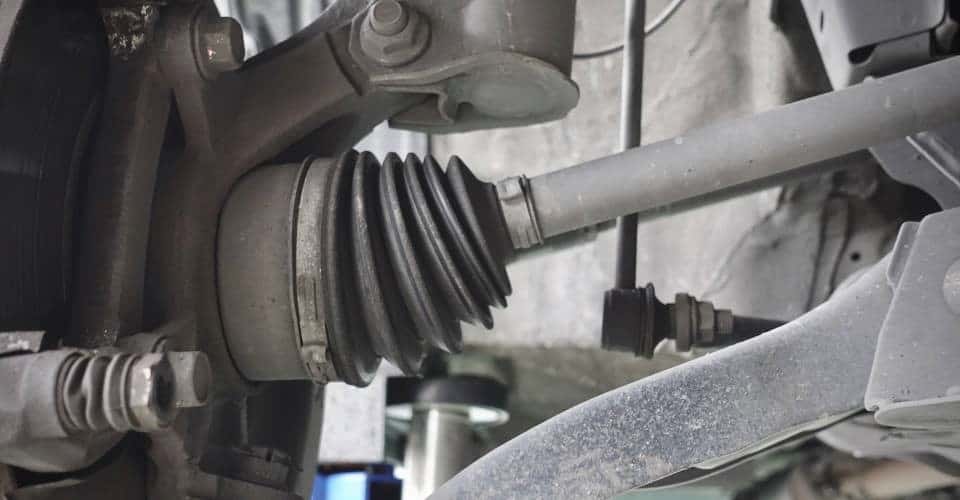
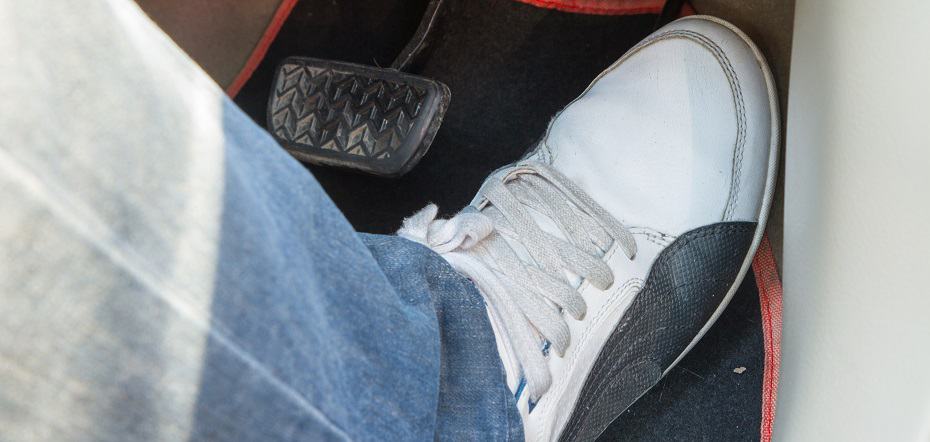

Why Is My Engine Roaring When I Hit the Gas?
Hearing weird sounds from a car? It’s time to hit up a mechanic. Whether it’s loud, soft, squeaky, or ticking, any noise could be a sign of trouble. Especially if it happens when accelerating—this could mean the engine’s under extra stress. Let’s break down some common reasons why an engine might sound like a beast when the pedal hits the metal.
What’s Up with the Noise When Accelerating?

Engines naturally get louder when they’re pushed harder. In an automatic, the transmission shifts down, revving the engine up. In a manual, it’s all about the driver’s timing. The faster the engine spins, the more noise it makes. That’s why cruising on the highway sounds like a rock concert compared to a chill drive around the block.
But if the engine’s noise is cranked up more than usual, it’s time to investigate further.
Common Noises and What They Mean
Loud Engine Noise Under Acceleration
If the engine sounds like it’s blowing up, it might actually be a blown exhaust. When the exhaust leaks, gases escape before they hit the tailpipe, making things sound rough.
To find the leak, park on flat ground, keep the engine running, and get under the car. Listen for that deep rumble and feel for hot gases escaping. Just be careful—those exhaust pipes can burn!
Leaks usually happen in the piping, muffler, or at connecting sleeves. But sometimes, the manifold or downpipe can crack, leading to a noisy engine, especially when accelerating.
Squeaking or Squealing

Got a squeaky sound when hitting the gas? Check the serpentine belt first. If it’s worn or loose, it can’t grip the pulleys right, leading to that annoying screech.
Pop the hood and take a look at that black belt looping around the pulleys. If it’s frayed or too slack, it’s time for a replacement. Also, check if all the pulleys are spinning freely—if one’s stuck, it could cause the same noise.
Banging or Knocking

Hearing a banging noise? This could point to faulty motor mounts or bearings. As the engine accelerates, it might shift and create that clanging sound. It’s like getting thrown back in the seat—only the engine’s doing it too!
Replacing these parts isn’t too hard, but it’ll require some heavy lifting with an engine hoist. Expect to pay anywhere from $400 to $700 for the fix.
Tapping, Ticking, or Clicking

A ticking sound might be a sign of low oil or worn-out components. If the oil’s low, the engine can overheat, leading to some serious issues.
Check the oil level with the dipstick. If it’s low, top it up with the right motor oil. If the noise persists, it could be time for a service or even a major engine overhaul.
Grinding Sounds

Grinding noises when accelerating? That’s a red flag. It could mean serious trouble, possibly with the transmission or a component like a CV axle. If it’s grinding, pull over ASAP and call for help—driving with a failing transmission is a recipe for disaster.
Fixing this could cost a few hundred to a few thousand bucks, depending on what’s broken. Better to be safe than sorry!

